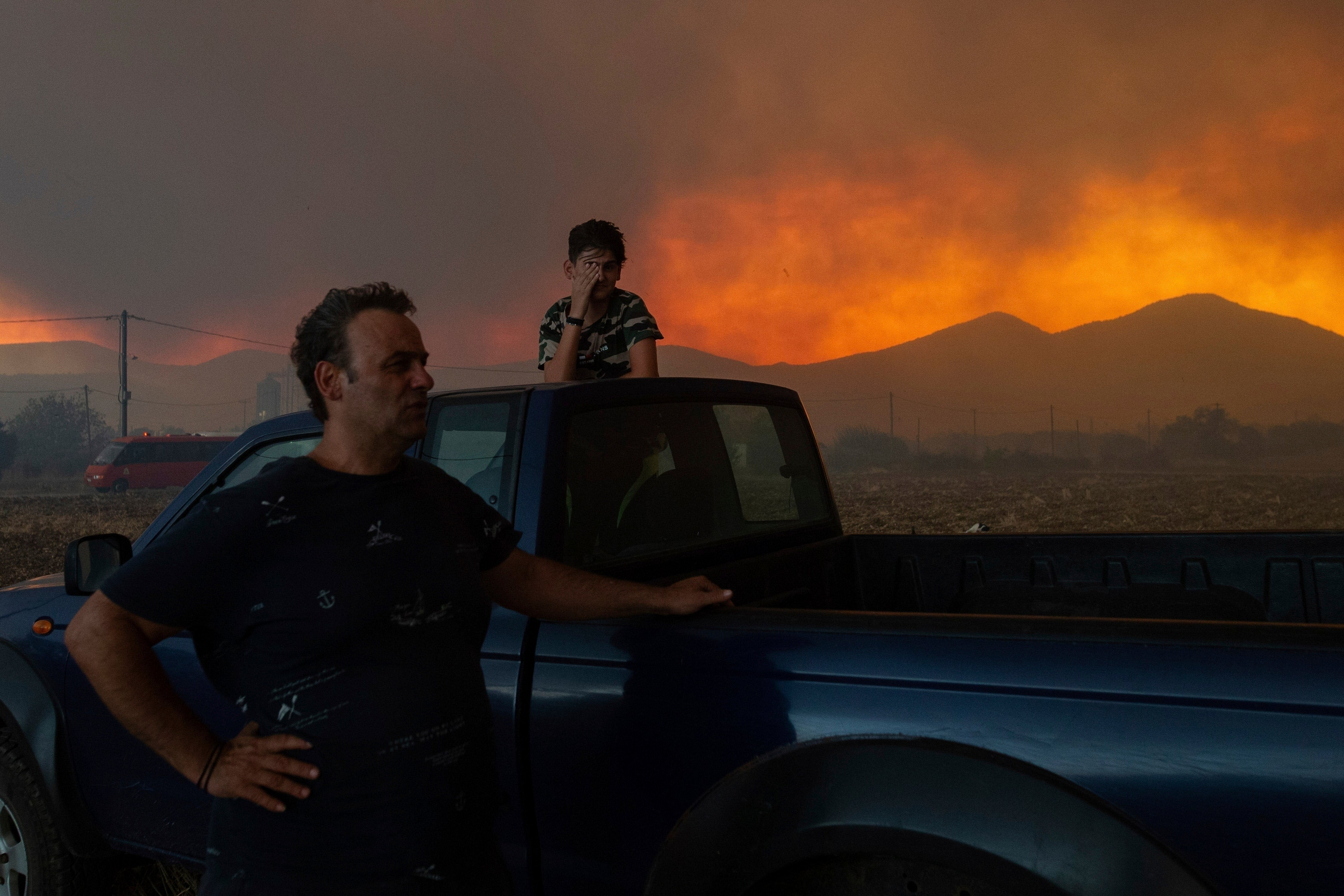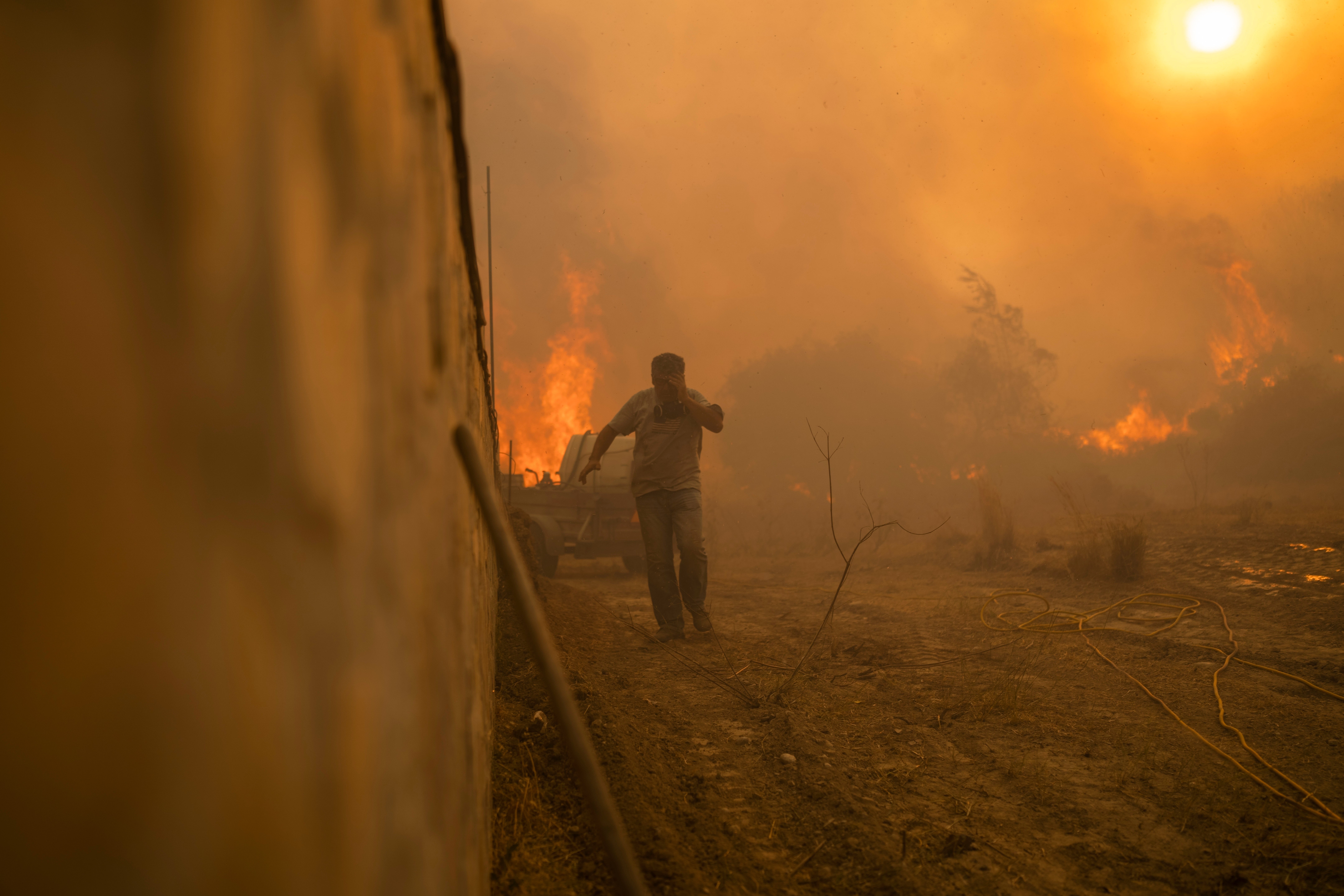Greece records weather record with warning of more wildfires this summer
Scientists warned the temperatures are ‘a new reality and we must take it seriously’

Greece has recorded the hottest winter on record, raising fears of another summer of devastating wildfires.
From December to February, the average peak temperature was 11.3 degrees Celsius (52.3 Farenheit), 1.8 degrees above the average top winter temperatures from 1960-2024, soaring as much as 7-8 degrees higher in some parts of northern Greece, according to the National Observatory of Athens, which analysed data by the EU’s Copernicus Climate Change Service.
It was the warmest winter since records began in 1936, and follows a trend: six of Greece’s balmiest winters have been recorded in the last 10 years.
“Temperatures were above normal on most days, with only small intervals of cold weather,” Konstantinos Lagouvardos, research director at the national observatory, told Reuters.
“This is a new reality and we must take it seriously. Climate change is undoubtedly here.”
The data is a concern for Greece, which is one of the most climate-impacted countries in Europe, where wildfires killed at least 20 people last summer.
In the autumn, torrential record-breaking rains wiped out homes, cattlelands and crops, raising concerns about the continent’s fragile climate defences.

The country’s ski resorts saw lower-than-usual snowfall this winter. The warm weather may be adverse news for farmers, too, whose crops, including Greece’s famed olives, benefit from cold winters and a flowering season in spring.
“The lack of a proper winter will create problems for sure,” because the trees are flowering too soon, said Michalis Antonopoulos, head of the farmers’ cooperative of Kalamata, the main producer of Greek olive oil.
Globally too, last year was the planet’s hottest on record and likely in the last 100,000 years, according to Copernicus.
Scientists said the warm winter in Greece, together with low rainfall and low humidity, could mean more wildfires in the summer. Such blazes are frequent in Greece but have been made worse in recent years because of extreme heat that scientists link to climate change.
“Of course this raises the risk,” said Christos Zerefos, a leading climate expert and head of Greece’s Research Center for Atmospheric Physics and Climatology.
“From now on, every month that comes, every winter that comes, will be the warmest ever,” Zerefos said.
Eleswhere, the Italian island of Sicily is grappling with severe drought after a lack of winter rainfall, with inhabitants having to stock up on drinking water.
The island, which set a European heat record in 2021 at 48.8 degrees Celsius (119 degrees Fahrenheit), has declared a state of emergency, with dozens of towns rationing water for agricultural and residential use and making supplies available only every other day.
Join our commenting forum
Join thought-provoking conversations, follow other Independent readers and see their replies
Comments
Bookmark popover
Removed from bookmarks